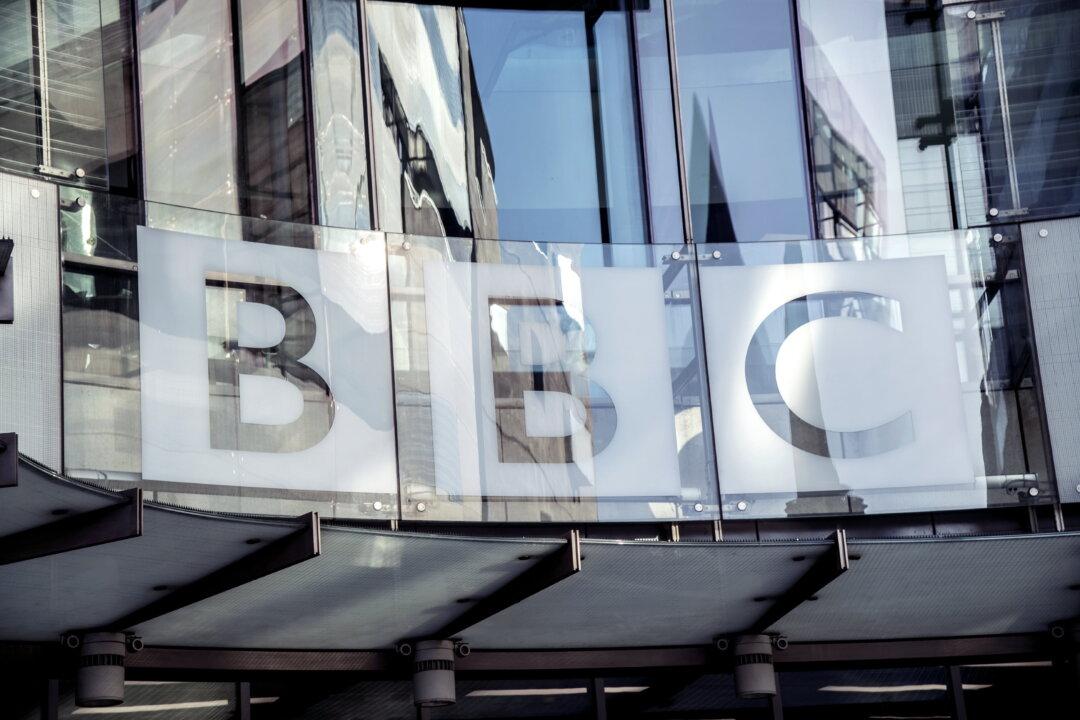The BBC World Service will receive more than £4 million extra government funding to support its Ukrainian and Russian language services and help counter “disinformation” about the war in Ukraine.
The Department for Digital, Culture, Media, and Sport (DCMS) and the Foreign, Commonwealth, and Development Office (FCDO) on Wednesday confirmed the £4.1 million ($5.41 million) in emergency funding following a request from the BBC to “cover urgent and unexpected costs that have arisen” as a result of the Russian invasion of Ukraine.





